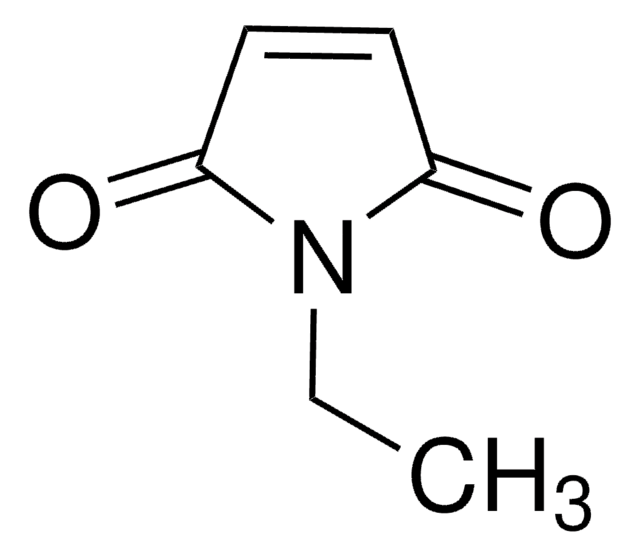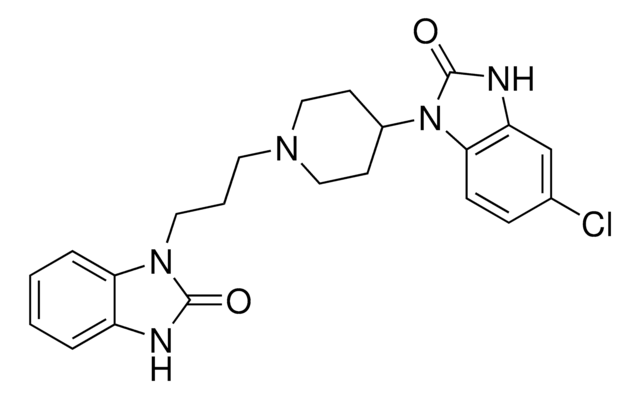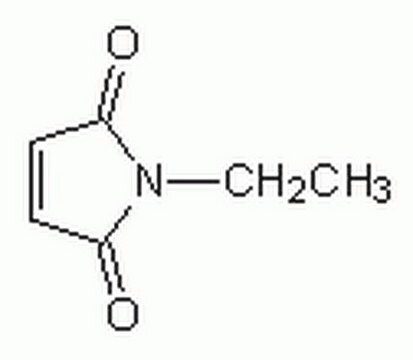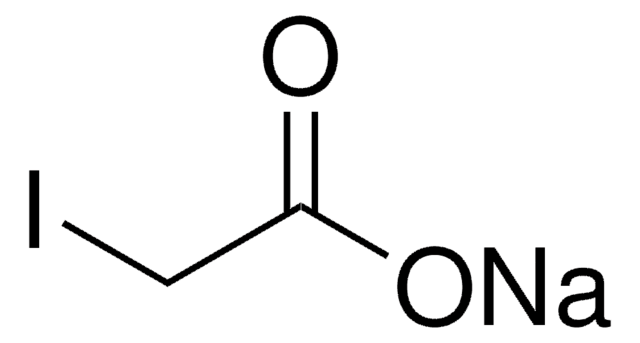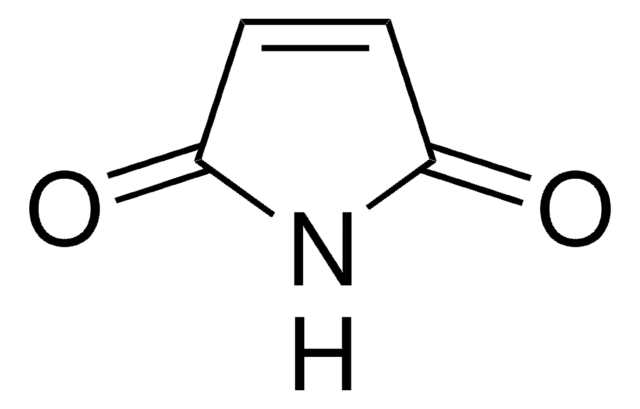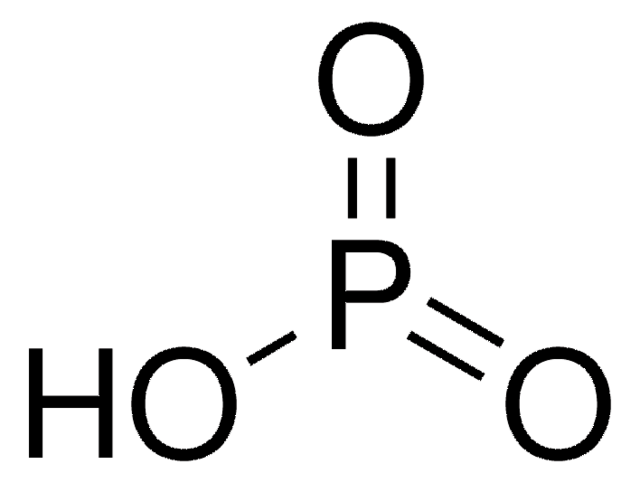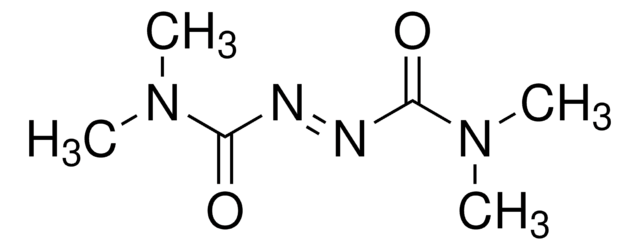E1271
N-Ethylmaleimide
BioXtra, ≥98% (HPLC)
Synonym(s):
NEM
About This Item
Recommended Products
product line
BioXtra
Quality Level
Assay
≥98% (HPLC)
impurities
≤0.001% Phosphorus (P)
≤0.1% Insoluble matter
ign. residue
≤0.1%
bp
210 °C (lit.)
mp
43-46 °C (lit.)
solubility
95% ethanol: 50 mg/mL, clear to slightly hazy (colorless to faint yellow)
anion traces
chloride (Cl-): ≤0.05%
sulfate (SO42-): ≤0.05%
cation traces
Al: ≤0.0005%
Ca: ≤0.0005%
Cu: ≤0.0005%
Fe: ≤0.0005%
K: ≤0.005%
Mg: ≤0.0005%
Na: ≤0.005%
Pb: ≤0.001%
Zn: ≤0.0005%
storage temp.
2-8°C
SMILES string
CCN1C(=O)C=CC1=O
InChI
1S/C6H7NO2/c1-2-7-5(8)3-4-6(7)9/h3-4H,2H2,1H3
InChI key
HDFGOPSGAURCEO-UHFFFAOYSA-N
Gene Information
human ... SLC6A3(6531) , SLC6A4(6532)
Looking for similar products? Visit Product Comparison Guide
Related Categories
Application
Biochem/physiol Actions
Signal Word
Danger
Hazard Statements
Precautionary Statements
Hazard Classifications
Acute Tox. 2 Oral - Acute Tox. 3 Dermal - Eye Dam. 1 - Skin Corr. 1B - Skin Sens. 1
Storage Class Code
6.1A - Combustible acute toxic Cat. 1 and 2 / very toxic hazardous materials
WGK
WGK 3
Flash Point(F)
163.2 °F - closed cup
Flash Point(C)
72.9 °C - closed cup
Personal Protective Equipment
Choose from one of the most recent versions:
Already Own This Product?
Find documentation for the products that you have recently purchased in the Document Library.
Customers Also Viewed
Our team of scientists has experience in all areas of research including Life Science, Material Science, Chemical Synthesis, Chromatography, Analytical and many others.
Contact Technical Service